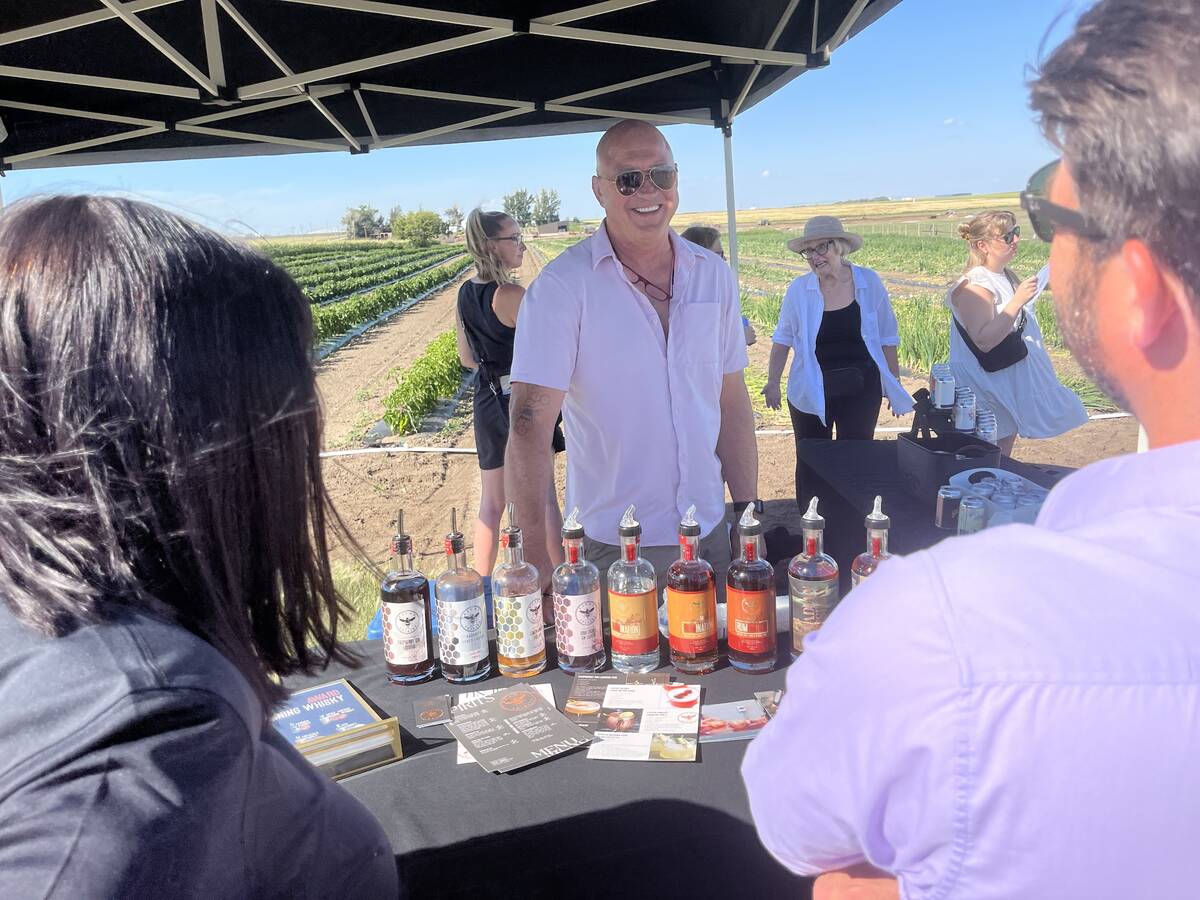Oxfam Canada, while praising the Canadian government for an early response to a looming food crisis in West Africa, is calling for more Canadian leadership.
Oxfam Canada executive director Robert Fox said at a Parliament Hill news conference April 12 that Canada should convene an international conference to urge a better aid response from other countries.
The Canadian International Development Agency earlier pledged $41 million in aid, and Fox said that was critical and welcome help.
“What we need now is leadership, and we are calling on Canada to provide that by convening a meeting of potential donors,” he said.
Read Also

From farmer to award-winning distiller
Pivot Spirits showcases transition from farmer to distiller with provincial award-winning results in Alberta for Lars Hirch
Fox said the United States, the European Union, India and China have been slow to respond.
“It is not too late to save the lives of millions of people,” he said.
An estimated 15 million people are facing food shortages in seven West African countries because of drought last year that limited harvests.
A year ago, war and drought led to many deaths in East Africa.
“We learned then that the biggest risk is to wait,” said Fox. “Acting earlier saves lives, prevents misery and costs far less in international aid.”
Mamadou Goita, executive secretary of the West African Peasants’ and Farmers’ Network in Mali, told the news conference that much of the $22 billion in agricultural investment that major G8 countries pledged in 2008 has never been seen.
He said most smallholder farmers in his country have no access to credit, and little of the promised money has made it to farmers to invest in production improvements.
Fox said that one of the “great obscenities” in the world is the plight of poor rural female farmers who produce a majority of the world’s food but often do not have enough to feed themselves and their families during droughts or weather crises.














